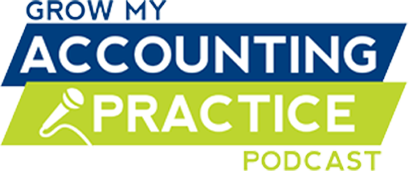Ask any small business owner how business is going and they will tell you how it has been the last week or two. Maybe even the last month. Business will either “suck” or be “awesome,” based on what happened yesterday.
Small business owners suffer from the influence of recency. In short, humans (you are one of them, Bucko) put a disproportionate significance on the most recent events. And it clouds the reality of their long term situation.
Let’s use your personal relationship as an (in your face) example. When you get in an argument with your significant other, all of sudden your entire relationship feels like it sucked. Conversely, when you have an amazing night out together, and you start thinking about how great your 25 years together has been.
Recency plays out in more than just personal relationships, it occurs in anything we have a relation to. This includes your bank account. If a big deposit comes in, your opinion of the health of your business will be much more positive, than if the deposits go dry for a few weeks.
In fact, the influence of recency suggests that if you deposit a check every day of the week for $1,000, you would feel better than if you deposited one check every month for $31,000. And, if you do the math, you would be making MORE money if you did the monthly $31K.**
(Looking at the numbers you may feel that the $31K is WAY more appealing than the daily $1K. That’s the recency effect at play yet again. The bigger number in the moment looks better. But if you actually deposit daily instead of monthly you will feel better each day. If you don’t believe me, let all your deposits for the month pile up and deposit them in one fell swoop).
The lesson here? Don’t be quick to judge the health of your business by how things look right now. Your vantage point is greatly biased by the health of your business in the last few days or few hours. Put measurements in place to track your income on a weekly, monthly and quarterly basis.
The next time you are asked how your company is doing, refer to your spreadsheet. Ignore the deposit slip in your hand.
Better yet, use the Profit First method I wrote about in my Wall Street Journal article. That profit account will change you perspective, to the better, on everything financial.
** $31,000 x 12 months = $372,000 a year
$1,000 every day of the week for the entire year = $365,000











